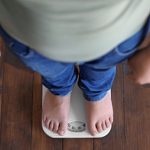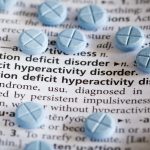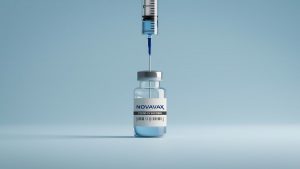
Specialized brain scans may accurately predict whether a psychotic patient will go on to develop treatment-resistant schizophrenia, Dutch researchers report. The scan — called a neuromelanin-sensitive MRI, or NM-MRI for short — zeroes in on a brain pigment called neuromelanin. This pigment can provide visual evidence of healthy dopamine function. Dopamine is a hormone that is part of the brain’s reward system. Too much dopamine may lead to the aggression and poor impulse control associated with psychosis. Led by Marieke van der Plijm, a postdoctoral researcher at the University of Amsterdam in The Netherlands, the study authors suggest NM-MRI could be a game-changer. “[T]here is an urgent need for markers to identify treatment non-responders in schizophrenia at an early stage and facilitate timely initiation of clozapine, the only antipsychotic with proven efficacy in non-responders,” they wrote in the March 13 issue of The American Journal of Psychiatry. Unlike patients who respond to treatment, those with treatment-resistant schizophrenia show no increase in dopamine function. Researchers said that suggests that neuromelanin levels — a benchmark of dopamine function — may be an early marker for treatment resistance. The study included 62 patients between the ages of 18 and 35 who had their first psychotic episode. All were diagnosed on the schizophrenia spectrum. These patients were compared with a control group of 20 healthy volunteers. All patients had… read on > read on >
































-300x200.jpg)





